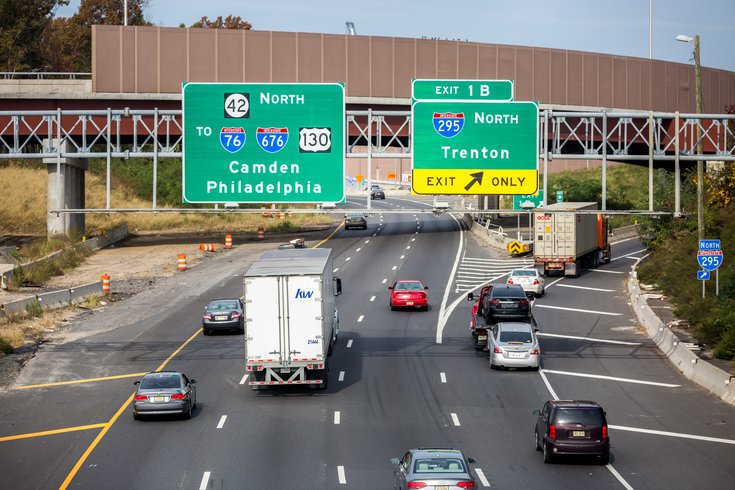Wearables to Command More Access and Inclusion in a Smarter Transportation System
This project will increase the safety profile and ease-of-use of the VISION (Visually Impaired Smart Service System for Spatial Intelligence and Onboard Navigation) platform toward ‘connected’ dynamic navigation in complex urban environments, providing a new level of security to the end user and permitting one to break down significant barriers to employment and social interaction.










